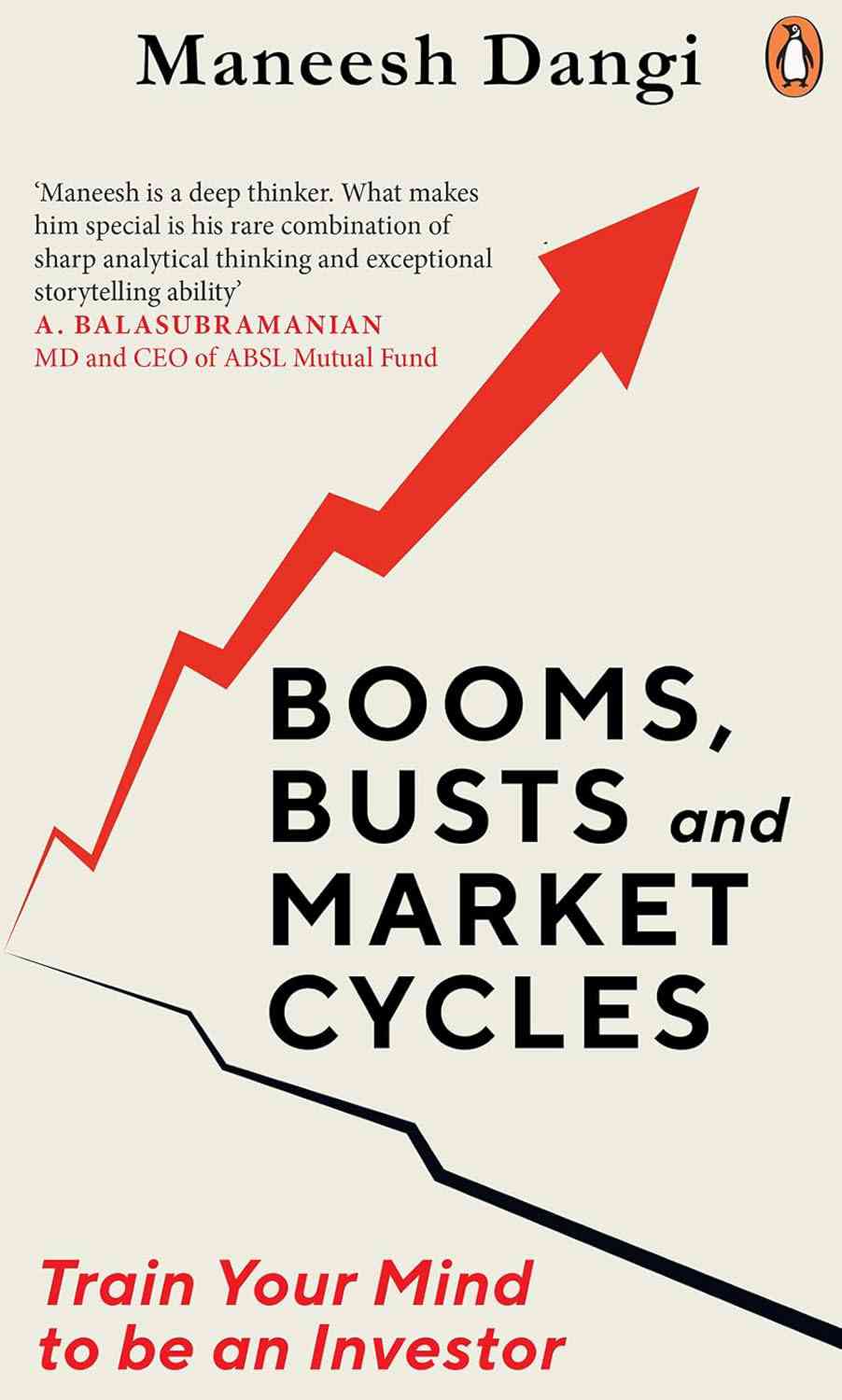We meet Vijay from Agneepath – a character who will return in these pages, embodying grit and vengeance. But let me say it clearly: don’t be Vijay. In life and markets, the hero’s courage must eventually die – replaced by clarity, humility and cold calculation. The market doesn’t reward desire; it rewards discipline.
The death of a hero is the death of his courage. In the process of him becoming a man, his courage must die as he encounters his limitations and meets his enemy – his reason. He can no longer think of himself as omniscient. No longer all-powerful, ever-winning hero of his own movie.
He becomes acutely aware of his limitations, having courageously fought Ravan and, unlike the myth, lost spectacularly.
Humbled by humiliation, he understands that braving enemy bullets won’t be enough – unlike in the films, it leads to death, not survival like Vijay of Agneepath, who will courageously take all the bullets and yet sustain his life.
He comes to terms with a hard truth: no matter his valour, the other side may simply be better.
Victory, he figures, is not predisposed to the one who wants it but to the better side. Winning is about what he feels, and passion that drives him. It’s about set up. About the competition’s relative strengths.
Vijay’s lesson is the reverse of what most of us feel after watching it.
Don’t assume winning in markets. Most times – you may lose. Just lose less. How? We will get there. The techniques of position sizing and stop-loss. For now, it’s the attitude that matters.
Don’t be Vijay. In markets or otherwise.
This piece began as my memory from a small town, where the fall of a rich man sparked honest conversations about failure. It stands in contrast to the big city boardrooms, where only tales of success are polished and paraded. But wisdom, as this essay argues, often lies in studying what not to do.
While I was growing up in a small city, once or twice every year, rumours would spread of a rich man going bust. The spectacle of witnessing the richest men face financial ruin was quite a thing. What followed were the conversations in town that would be about why, and what were his mistakes that made his fall inevitable. Lessons would be dispensed by old uncles and aunts. A new layer of heuristics would be formed. Wisdom will be shaped.
Then I came to this metropolis. Mumbai. Met many successful people. Running business empires, wielding authority over billions of dollars of capital. The undertone of the conversations was different here. Rarely would a corner office miss an opportunity to talk and motivate their troops on how good firms turned great. Rehearsed speeches on what made Apple, Coke and Nike what they are. Only if we did what they did, success was assured. Deliberations on the failures of enterprises were deemed unworthy, for it was proclaimed, “Let us find wisdom from those who have won.”
See the contrast? In small towns, failure was picked over carefully, lessons drawn from the bones. In the large corporate world of cities, success was placed on a pedestal, its origins often sanitised into neat playbooks.
You will be surprised, as I was, when you learn the true origins behind Disney’s beloved animated stories. They are darker than we remember. Real dark. In the Disney version of The Little Mermaid, you watch the princess who captures the heart of the prince and happily marries him. In the original East European tale, she is consumed by anguish and, unable to save herself or the prince, chooses to end her life. In Sleeping Beauty, the king does not gently awaken the princess – he oppresses her.
The real Pinocchio lives through pain, suffering and betrayal. Even our own itihaas (history), when read without the devotional lens, is soaked in sorrow, war, deceit and endless struggle.
“Life is beautiful” is not the dataset our myths, fables or traditions trained us on. They trained us to confront reality – not to be lulled by pop versions of it. Our minds, I believe, should be trained to discern what not to do – how to free our minds from the grip of inevitable, default-mode consequences?
In default mode, failure is not an accident. It is the norm.
You have likely read many books on how to go from good to great.
The book you are holding in your hands is different.
It documents, quietly and carefully, the many ways we fail.
And maybe, by learning from that part, we will stand a better chance of enduring. The lesson here applies as much to investing as to life. Failure is an integral part of investing. An investor must not only learn from his own failures and mistakes but also from those of others. This essentially means one should not follow blindly what great people or investors do. Every great person and investor has their failings. The trick is to stay clear of them and focus on what truly matters for our growth and success.

Excerpted with permission from Booms, Busts and Market Cycles: Train Your Mind to be an Investor, Maneesh Dangi, Penguin Business.

